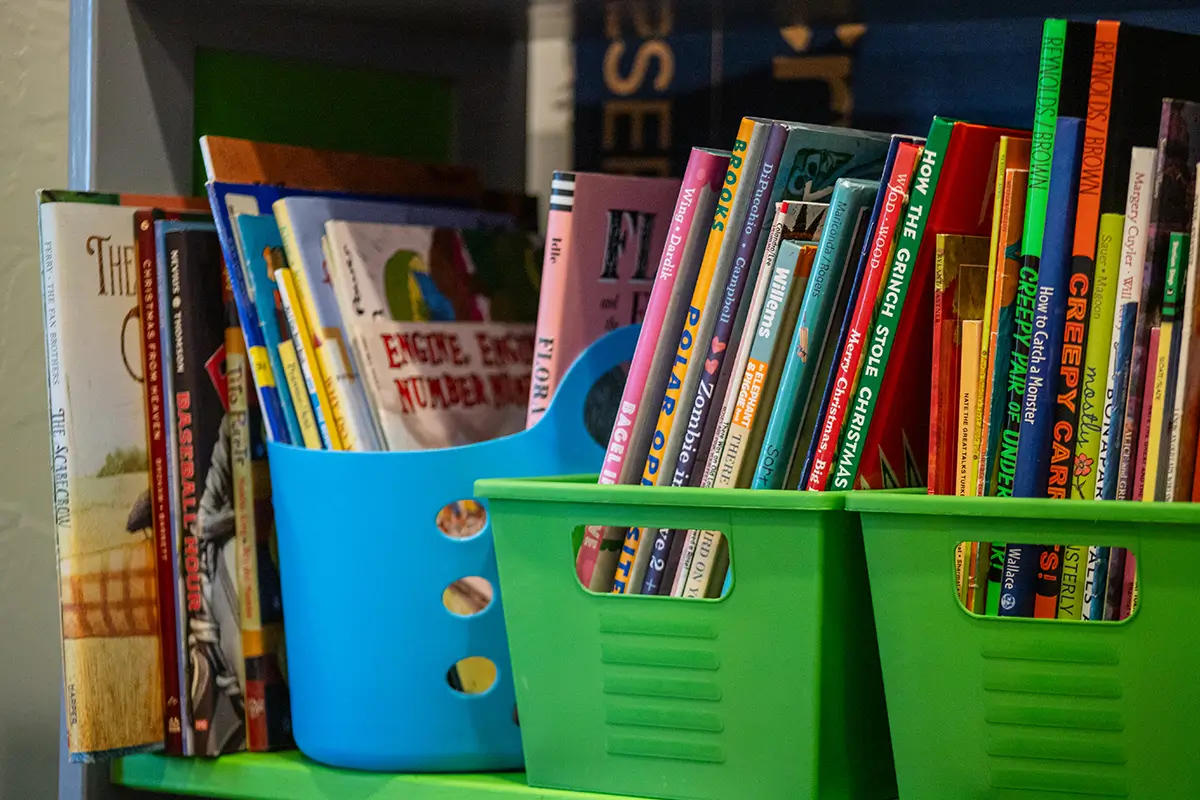Research from the International Dyslexia Association (IDA) suggests 15-20% of the general population show some dyslexia symptoms, such as slow reading, poor spelling, or confusing similar words. This highlights dyslexia’s broad impact and the urgent need for awareness and support.
A reading disorder diagnosis OKC reflects that the brain processes language differently rather than indicating a lack of intelligence. Such a diagnosis is a crucial step in unlocking a child’s full learning potential by providing the right tools and strategies to help them succeed.
What to Know About Dyslexia
A reading disorder, specifically dyslexia, is a type of learning disability that affects the ability to read and comprehend written language. Dyslexia makes it difficult for individuals to recognize words accurately and quickly, and they often struggle with poor spelling and decoding skills. This is typically due to a weakness in the phonological component of language.
It is important to remember that a diagnosis of dyslexia is not a label that defines a child’s future. Many brilliant, creative, and successful individuals, including scientists, artists, and entrepreneurs, have dyslexia. With the proper support, strategies, and a solid understanding of their unique needs, such as challenges with language comprehension Edmond, a child with dyslexia can thrive. The key is to see the diagnosis not as a barrier, but as a guidepost toward the type of education that will best serve them. It allows for a personalized approach that celebrates their strengths while addressing their challenges.
Common Signs and Symptoms
A reading disorder diagnosis OKC is crucial for early intervention. The symptoms can vary depending on age, but some common indicators may include:
- Difficulties with Phonological Awareness: This refers to the ability to identify and manipulate the sounds found in spoken words. A child might struggle to rhyme, identify the beginning sounds of words, or blend sounds to form words.
- Challenges with Decoding: Individuals with dyslexia may struggle to sound out new or unfamiliar words. This can lead to slow, laborious reading and a tendency to guess words based on the first letter or context.
- Poor Reading Fluency: A child with a reading disorder may read slowly and without expression, often pausing in odd places or struggling with the rhythm of language. This lack of fluency can make reading a frustrating and exhausting task.
- Spelling and Writing Difficulties: Spelling is often a significant challenge. Children might frequently mix up letters, use incorrect letter sequences, or struggle to spell common words they’ve seen many times before.
- Trouble with Reading Comprehension: When a child spends a significant amount of mental energy on decoding words, they may have little cognitive capacity left for language comprehension Edmond. This can lead to a disconnect between a student’s reading ability and their understanding of the material.
The Importance of Early Intervention
Early intervention is critical for individuals with a reading disorder. The brain is most flexible and receptive to new learning in the early years. A reading disorder diagnosis OKC can significantly improve a child’s long-term academic and personal outcomes. A proper diagnosis provides a roadmap for targeted, evidence-based instruction that can make a profound difference. It’s about giving a child the right tools and strategies to navigate their learning journey successfully.
The Diagnostic Process: How Is Dyslexia Diagnosed?
When a parent or teacher suspects a reading disorder, the next step is typically a comprehensive evaluation. A single test usually does not diagnose dyslexia OKC. Instead, it involves a multi-faceted assessment by a qualified professional, such as a speech-language pathologist.
It is important to note that the diagnostic process can depend on the child and the professional performing the assessment. At Educational Inspiration, the evaluation process typically includes:
- Utilizing family observation and insights to gather qualitative information about the student’s learning behaviors and challenges.
- Employing high-quality standardized tests to assess cognitive, achievement, and specific reading skills quantitatively.
- Conducting informed clinical assessments, which may include a detailed evaluation of phonological processing, decoding, fluency, and reading comprehension.
- Applying thoughtful analysis of all data sources to formulate a comprehensive understanding of the student’s learning profile.
- Providing families a formal report with detailed findings, including if a reading disorder diagnosis OKC is warranted, and specific, actionable recommendations for intervention and support.

Searching for a Professional Who Can Diagnose Dyslexia OKC?
At Educational Inspiration, we understand the complexities of dyslexia and the journey that families undertake. We are dedicated to providing expert, compassionate, and personalized support to help every child reach their full potential. Our services include comprehensive dyslexia evaluations designed to empower both students and parents. With the proper guidance, every child can be a successful reader.
Ready to empower your child’s learning journey? Please reach out to our tailored services at Educational Inspiration and see the difference we can make.

